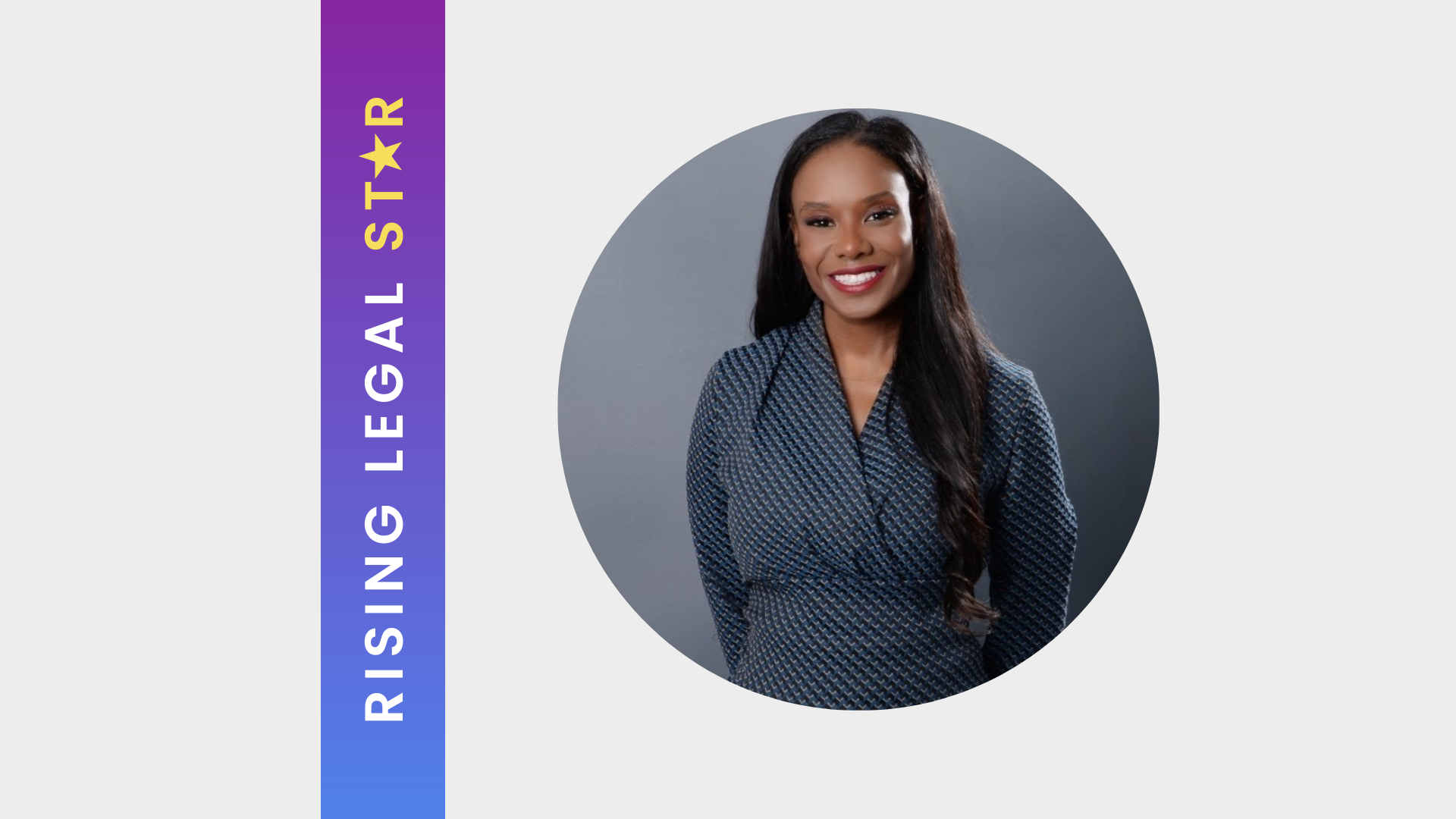Hitting the heights at Hydrogen
Having joined Hydrogen in 2008, Adam Solomons has gone from junior consultant to Director of Asia – responsible for the Singapore, Malaysia and Hong Kong businesses – in under eight years.
Adam’s target was to get to Director by the age of 30 – mission accomplished. But as you’ll learn, while it hasn’t all been plain sailing, it’s been an incredibly rewarding journey.
Best/worst part of the job
I derive the most satisfaction from seeing a person overcome a skill gap or basically turn their fortunes around. You need a lot of perseverance in recruitment, especially when things aren’t going your way. Processes and admin take you away from your clients and team, so that’s the most frustrating part.
Lowest point
The constant uphill battle to prove myself in a new country against established recruiters. Reaching out to old contacts, meeting clients, it’s been hard work. You’ve got to be in it for the long run, so you can build your own sphere of authority. That’s when you start to reap the rewards.
‘Eureka’ moment
That would be securing our biggest permanent deal with a global banking client in 2014, which grew into a multi-million dollar account. It was to prove a major turning point for our company in the region and for me personally. Remember what I just said about hard work paying off. It also made me realise just how important relationships are – you need to invest time building trust with your clients.
Current priorities
Making sure that we have the right people in the right markets to grow our market leading businesses has been my focus for the last 12 months. Providing our people with the best-in-class tools to do their jobs as effectively as possible. And making Hydrogen the best place for our leaders to ensure that they can fulfil their potential.
Developing expertise
To become a subject matter expert and trusted authority in your field, you need to understand your industry. It’s so important to grasp the basics. That’s why all our consultants start as researchers, learning about organisations and sourcing candidates – there’s no client interaction at this stage.
Leadership mantra
A lot of questioning (less telling) gets people thinking. The art of listening. You need to manage performance and help people realise their potential. Diffusing highly pressured challenging environments, absorbing stress and getting someone else back on track. You must care about your journey and genuinely want to grow a business and develop people. It’s not just about the money.
Team dynamics
I always hire people who are better than me which means lots more strengths and weaknesses – and fresh ideas. It’s having the ability to harness the power of other people’s skills. This creates a balanced mixture of diverse characters and personalities, which adds so much value to any team.
Learning curve
While you can progress very quickly there is often a time lag between inputs and outputs. That’s when you should be learning. Then apply the lessons next time you find yourself in that same situation, for example when you might get a quarter when results aren’t so good.
Working abroad
To whichever country your career may take you, you’ll be stretched and pushed outside your comfort zone. You quickly learn about new cultural differences and working practices. It makes you see and think about things differently and adds an extra layer to your experience. And it’s a lot of fun!
Why Hydrogen?
Everybody here wants you to do well. We’re serious and do things properly. The business is still relatively small so it’s agile, entrepreneurial and innovative. You can speak to the CEO, everyone is recognised for their contribution. You’ll have a very clear direction of where your career is heading from day one. It’s a very exciting time to be starting your adventure at Hydrogen.













